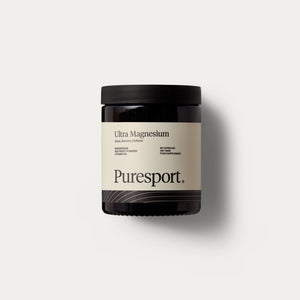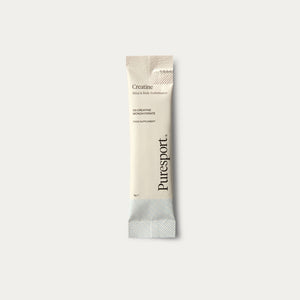The physical demands and combative nature of rugby lead to notable levels of muscle damage. In professional rugby, athletes only have a limited timeframe to recover following training sessions and competition. Through the implementation of recovery strategies, sport scientists, practitioners and coaches have sought to reduce the effect of fatigue and allow athletes to recover faster. Although some studies demonstrate that recovery strategies are extensively used by rugby athletes, the research remains equivocal concerning the efficacy of recovery strategies in rugby.
Moreover, given the role of inflammation arising from muscle damage in the mediation of protein synthesis mechanisms, some considerations have been raised on the long-term effect of using certain recovery modalities that diminish inflammation. While some studies aimed to understand the effects of recovery modalities during the acute recovery phase (<48 h post-match), others investigated the effect of recovery modalities during a more prolonged timeframe (i.e. during a training week). Regarding the acute effectiveness of different recovery modalities, cold water immersion and contrast baths seem to provide a beneficial effect on creatine kinase clearance, neuromuscular performance and delayed onset of muscle soreness. There is support in the literature concerning the effect of compression garments on enhancing recovery from delayed onset of muscle soreness; however, conflicting findings were observed for the restoration of neuromuscular function with the use of this strategy.
Using a short-duration active recovery protocol seems to yield little benefit to recovery from rugby training or competition. Given that cold modalities may potentially affect muscle size adaptations from training, their inclusion should be treated with caution and perhaps restricted to certain periods where athlete readiness is more important than increases in muscle size.
Written by
Francisco Tavares









